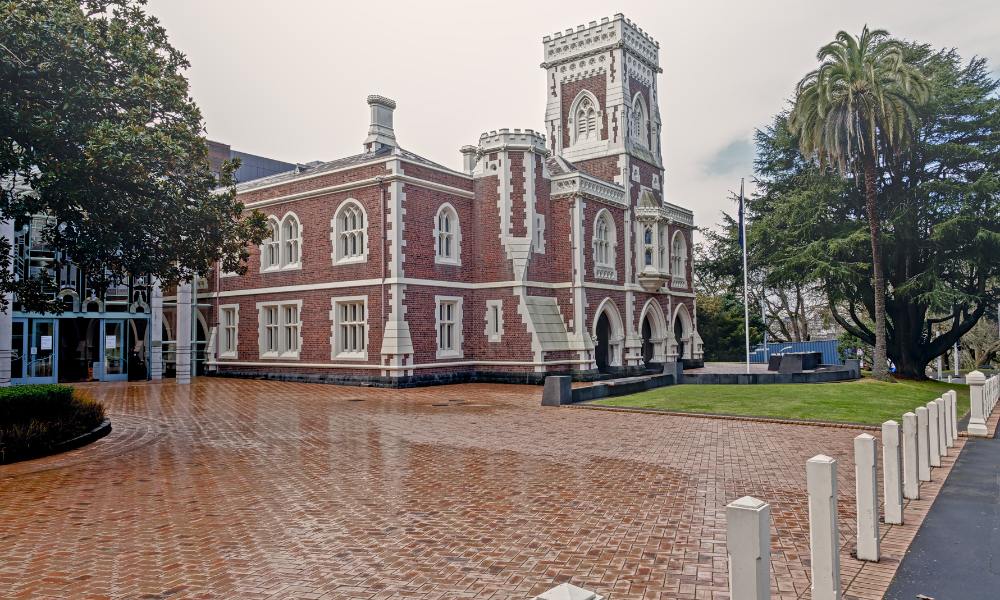
The approved modifications include extending the trust’s duration from 80 to 125 years

The High Court approved a deed of variation for a $100m family trust, modernising its structure under the Trusts Act, extending its duration, and updating governance provisions to protect intergenerational wealth.
The trustees, citing the trust’s growing complexity and changing needs, sought the court’s permission to make significant changes, including extending the trust’s lifespan and addressing potential risks such as relationship property claims.
The court’s decision followed a comprehensive review of the trustees’ application. Independent counsel was appointed to represent the interests of minor, future, and unascertained beneficiaries, providing assurance that the proposed changes would not harm their interests. Counsel ultimately supported the application, emphasising that the variation would benefit the trust’s overall purpose.
The modifications approved by the court include extending the trust’s duration from 80 to 125 years to ensure its longevity. The trust’s discretionary beneficiary provisions were updated, adding future generations of the settlors’ descendants while removing spouses and associated companies. These changes reflect modern practices and aim to protect the trust’s assets from relationship property claims. The court accepted the trustees’ position that such adjustments are essential to maintaining the trust’s original purpose of providing for the settlors’ descendants over multiple generations.
Additional changes incorporated into the trust deed modernise the powers of trustees. These updates include provisions for appointing and removing discretionary beneficiaries, responding to legislative changes, and requiring an independent trustee structure. These enhancements strengthen the trust’s governance and ensure compliance with the latest legal standards.
The High Court also reviewed the potential impact of these changes on minor and future beneficiaries, including grandchildren of the settlors. Although the modifications introduced a priority order for discretionary beneficiaries—favouring the settlors, their children, and then their grandchildren—the court determined this would not materially harm any group. Instead, the changes are intended to secure long-term protections for the family’s assets and create a clearer structure for future trustees.
The court approved waivers for consent requirements from certain entities associated with the trust, citing the impracticality of obtaining consent and the lack of significant detriment to those entities. It also authorised the payment of the trustees’ application costs from the trust’s assets, finding this appropriate under the circumstances.